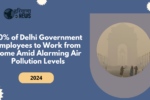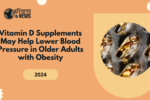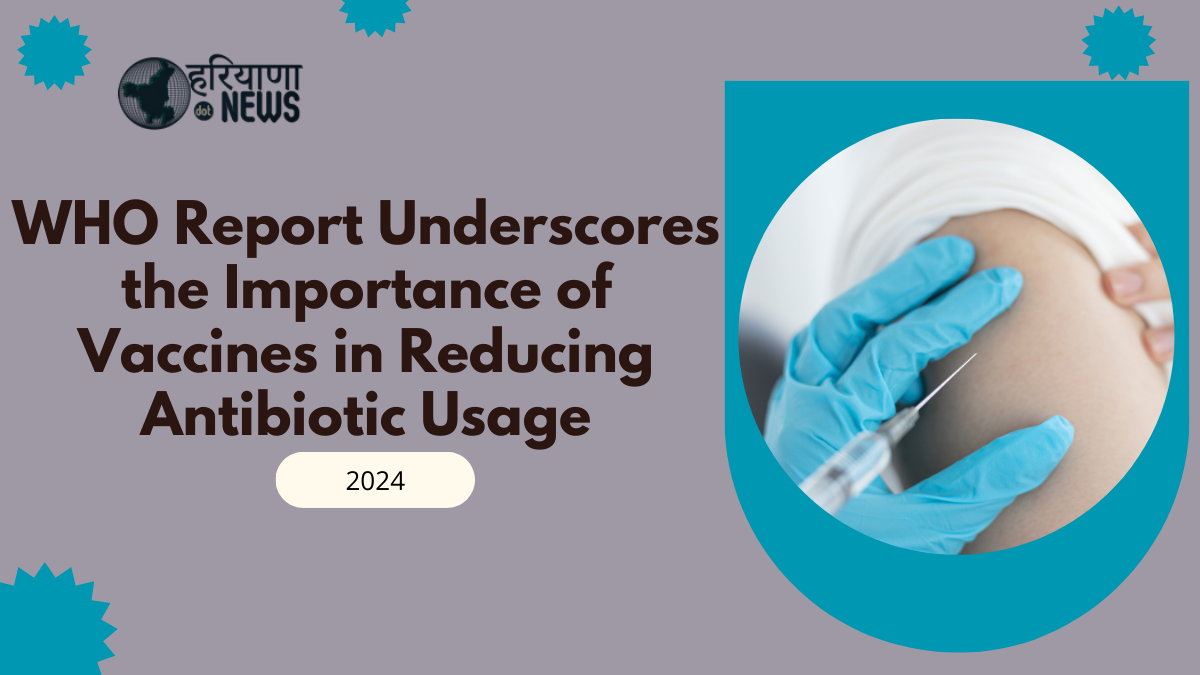The World Health Organization (WHO) has published a recent study indicating that immunizations designed for 24 various pathogens have the potential to reduce global antibiotic usage by 22%, which is approximately equivalent to 2.5 billion daily doses annually. This discovery provides backing for global efforts to address antimicrobial resistance (AMR). While certain vaccines are currently on the market but underused, others still require development and prompt accessibility.
Understanding Antimicrobial Resistance (AMR)
AMR occurs when tiny organisms such as bacteria, viruses, fungi, and parasites become resistant to the drugs meant to kill them. This creates challenges in treating infections, resulting in more severe sickness, increased mortality, and the spread of hard-to-treat infections. Improper or excessive use of antimicrobial drugs is a significant contributor to AMR. Interestingly, while some regions misuse these medications, many individuals still do not have access to necessary antimicrobial therapies. Globally, approximately 5 million deaths annually are associated with AMR.
The Role of Vaccines in Combating AMR
Vaccinations are crucial in the fight against antimicrobial resistance (AMR) because they help prevent infections, thus decreasing the need for antimicrobial medications. This decrease in the excessive use of these drugs assists in slowing the development and spread of drug-resistant pathogens.
Expanding on Previous Research
The information below should be noted. TEXT:
This report is an extension of a previous research conducted by WHO and published in BMJ Global Health the previous year. It suggests that the existing vaccines for pneumococcus (a major cause of pneumonia), Haemophilus influenzae type B (Hib, responsible for pneumonia and meningitis), and typhoid fever could potentially prevent around 106,000 deaths annually related to AMR. Additionally, once new vaccines for tuberculosis (TB) and Klebsiella pneumoniae are developed and distributed globally, a further 543,000 lives could be saved each year. Clinical trials are currently underway for TB vaccines, and research is in the early stages for a vaccine for Klebsiella pneumoniae.
How Vaccines Prevent Infections
Getting vaccinated can reduce the likelihood of getting infections, which in turn lowers the need for antimicrobial drugs and the risk of complications that could result in hospitalization. A report by the World Health Organization (WHO) evaluated the impact of both current vaccines and those in the development stage.
Annual Impact of Vaccines in Reducing Antibiotic Use
- If 90% of children and older adults worldwide were vaccinated according to the Immunization Agenda 2030, it could result in saving 33 million doses of antibiotics annually due to the impact on Streptococcus pneumoniae.
- Accelerating the distribution of typhoid vaccines in couAntibiotics are frequently misused in the treatment of malaria caused by Plasmodium falciparum. It is worth noting that the use of vaccines could potentially prevent the misuse of up to 25 million antibiotic doses annually in the fight against malaria.ntries with high rates of infection could lead to a decrease in antibiotic usage by as much as 45 million doses annually.
- Malaria: Though antibiotics are often wrongly used to treat malaria caused by Plasmodium falciparum, vaccines could prevent the misuse of up to 25 million antibiotic doses annually.
- “Vaccines for tuberculosis (TB) have the potential to make a significant impact by saving between 1.2 to 1.9 billion antibiotic doses annually. This would represent a substantial portion of the 11.3 billion doses of antibiotics currently used each year to combat various diseases.”
Reducing the Economic Burden of AMR with Vaccines
In hospitals worldwide, the annual cost of treating infections caused by drug-resistant pathogens is estimated to be around $730 billion. The widespread deployment of vaccines targeting the pathogens identified in the report has the potential to reduce a third of these hospital expenses.
 Discovering the Ultimate Benefits of Amla Oil for the Best Haircare Experience
Discovering the Ultimate Benefits of Amla Oil for the Best Haircare Experience
 Breast Cancer: Key Early Symptoms Women in Their 20s, 30s, and 40s Should Not Overlook
Breast Cancer: Key Early Symptoms Women in Their 20s, 30s, and 40s Should Not Overlook
 A 30-Minute Bodyweight Workout That Requires No Equipment: Are You Up for the Challenge?
A 30-Minute Bodyweight Workout That Requires No Equipment: Are You Up for the Challenge?
 50% of Delhi Government Employees to Work from Home Amid Alarming Air Pollution Levels, Announces Gopal Rai
50% of Delhi Government Employees to Work from Home Amid Alarming Air Pollution Levels, Announces Gopal Rai
 Vitamin D Supplements May Help Lower Blood Pressure in Older Adults with Obesity
Vitamin D Supplements May Help Lower Blood Pressure in Older Adults with Obesity





A Holistic Approach to AMR
In order to tackle antimicrobial resistance (AMR) effectively, it is essential to adopt a comprehensive strategy that prioritizes the needs of people and encompasses the entire healthcare system. This strategy should encompass measures for prevention, timely detection, and efficient treatment of infections. An integral part of this approach is acknowledging the significance of vaccination as a crucial preventive tool against AMR. When combined with other interventions, the influence of vaccines becomes even more potent.
Global Commitment to Combat AMR
At the High-Level Meeting on AMR during the 79th United Nations General Assembly held on September 26, global leaders approved a political statement outlining specific objectives and measures to decrease AMR-related fatalities. One of the main goals is to reduce the estimated 4.95 million annual deaths caused by bacterial AMR by 10% by 2030. The statement also emphasizes the significance of availability of vaccines, medications, and diagnostic tools while promoting the creation of financial incentives to support research, creativity, and cooperation across various sectors in the battle against AMR.
It’s important to remember that vaccines play a vital role in saving lives and are also crucial for reducing the use of antibiotics and slowing down the global spread of antimicrobial resistance. The international community’s dedication to advancing and distributing these vaccines could greatly influence global health outcomes.
Click here to know more.






